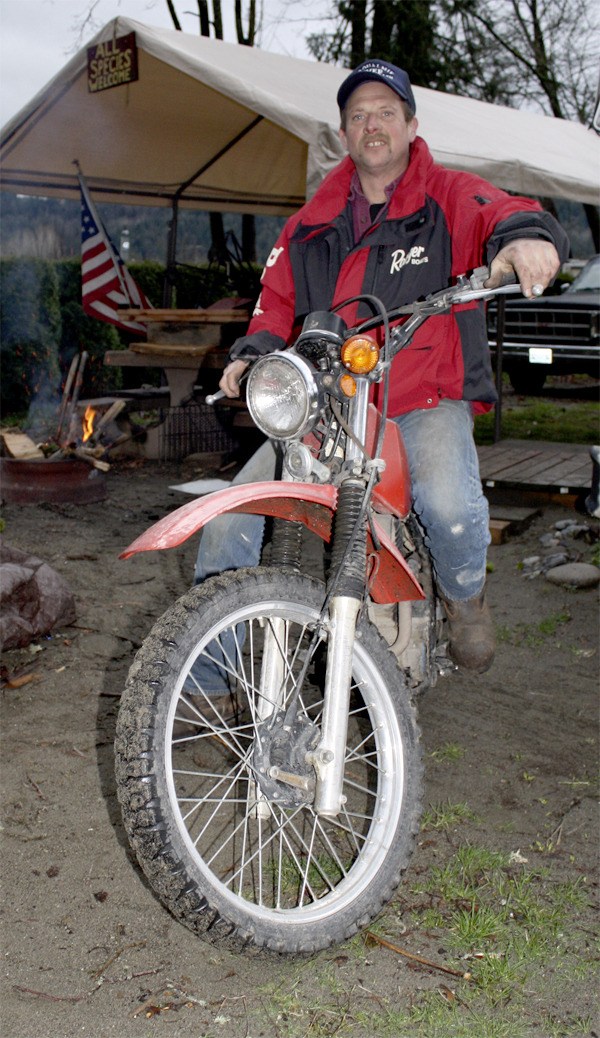Frequent flooding of the Snoqualmie River Campground in Fall City, and the sole road accessing it, has prompted a project that will eventually close the campground. King County’s Land and Water Resources Division has reached an agreement to purchase the property, owned by S Sterling Properties, as part of a larger purchase, totalling 21.5 acres of land along the Snoqualmie River at a price of $1.5 million.
The sale, expected to close in mid-December, will result in the eviction of some permanent campers. It will also result in new policies for the King County Council, said District 3 Councilwoman Kathy Lambert, who was surprised to learn of the agreement.
“It turns out that through all this, we have discovered that the (King County) executive can buy property without notifying the council… and we don’t have a policy on that,” Lambert said in October.
Also included in the WLRD purchase was the Rainier Wood Recyclers property in Fall City and an easement on the Fall City Farm property, for floodplain projects.
“It was part of making sure that we can deal with flooding in that area,” Lambert said.
“The sole access to a seasonal RV park on the property is inundated by relatively minor flood flows on the magnitude of a one- to two-year flood event,” added Doug Williams, King County spokesman, “and our primary interest in acquiring this property is for future flood risk reduction and erosion reduction projects.”
According to a 2015 proposal from the Department of Natural Resources, the campground and other properties will be the target for floodplain restoration work to “reconnect off-channel habitat and restore floodplain processes, edge habitat, hydrologic and sediment processes and floodplain forest conditions in addition to improving water quality.”
Williams said the county understood the campground was open from spring through fall and typically closed in winter.
Lambert wasn’t clear about how the resident campers would be relocated.
She said “Normally… whenever we’ve taken over a campground, we’ve found other places for people to go, and then it was permanent housing.”
The 10-acre campground portion is valued at $626,000. Funding for the overall purchase is coming from a combination of funds from the county’s flood control district, Floodplains by Design and the state Salmon Recovery Funding Board.
Calls to the campground were referred to Harry Gamble, who did not respond to multiple requests for information.



